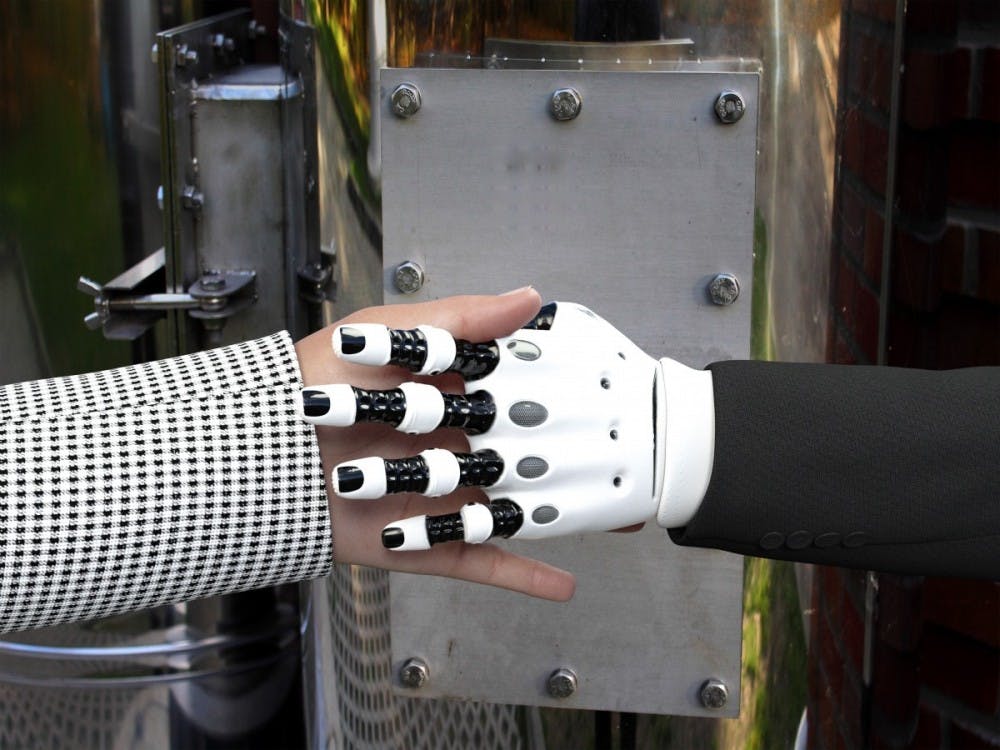Researchers at the Georgia Institute of Technology (Georgia Tech) have developed and assessed a technology that could help individuals suffering from profound motor impairments improve their quality of life.
The system uses augmented reality technology to allow individuals to operate a humanoid robot and perform simple tasks for themselves. Users see what the robot “sees” and interact with the world in ways that may have been difficult or impossible before.
The technology is working toward making incredibly nuanced robots more useful to those who don’t have extensive robotics experience or training.
The novel technology is referred to as a robotic body surrogate and has been involved in more than one study aiming to improve the quality of life of users. Instead of being operated via artificial intelligence, robots in these studies allow a user to control a robot using their mind.
The robot used by Charlie Kemp, associate professor in the Wallace H. Coulter Department of Biomedical Engineering, and PhD graduate Phillip Grice (the first author of the paper), has two arms and multiple degrees of freedom that allow it to manipulate common household items like water bottles and hair brushes.
The Georgia Tech study gave 15 participants a mobile manipulator that could be operated with the same eye and head trackers they used to interact with their personal computers. The entire study took place over the internet and allowed the participants to control a robot remotely.
The robot’s web-based interface shows users what cameras within the robot’s head can detect. By clicking on controls laid over the image detected by the cameras, users can move the robots around and control its arms and legs. The user interface is specifically designed to be intuitive to users so that people with numerous disabilities can benefit from the technology without extensive training.
Using Georgia Tech’s robot, 85 percent of participants were able to pick up a water bottle and bring it to a mannequin’s mouth.
Kemp described what the research team wanted to accomplish with the study.
“[We want] to give people with limited use of their own bodies access to robotic bodies so they can interact with the world in new ways,” he said in a press release.
One such person, Henry Evans from California, has spent the past eight years helping researchers at Georgia Tech develop and improve their robotic systems.
Evans is a stroke survivor and has little control of his body. He agreed to test the robot in his home for a week, and during this time, he developed a way to use both of the robotic arms simultaneously.
“The system was very liberating to me, in that it enabled me to independently manipulate my environment for the first time since my stroke,” Evans said, according to ScienceDaily.
Evans’ ability to devise novel uses for the robot provides much encouragement to researchers who are trying to improve and understand the potential benefits of robot surrogates.
Despite this encouragement, Kemp, Grice and Evans all agree that there is still room for improvement.
The current systems are slow, and it is difficult for the robots to recover from any mistakes made by the users. The robots are costly and large and aren’t capable of doing everything an able-bodied person would. However, users were still able to perform tasks and manipulate objects far better than they would have without the robot’s assistance.
With these first conducted studies, the technology can be modified to be more helpful and easy to use.





